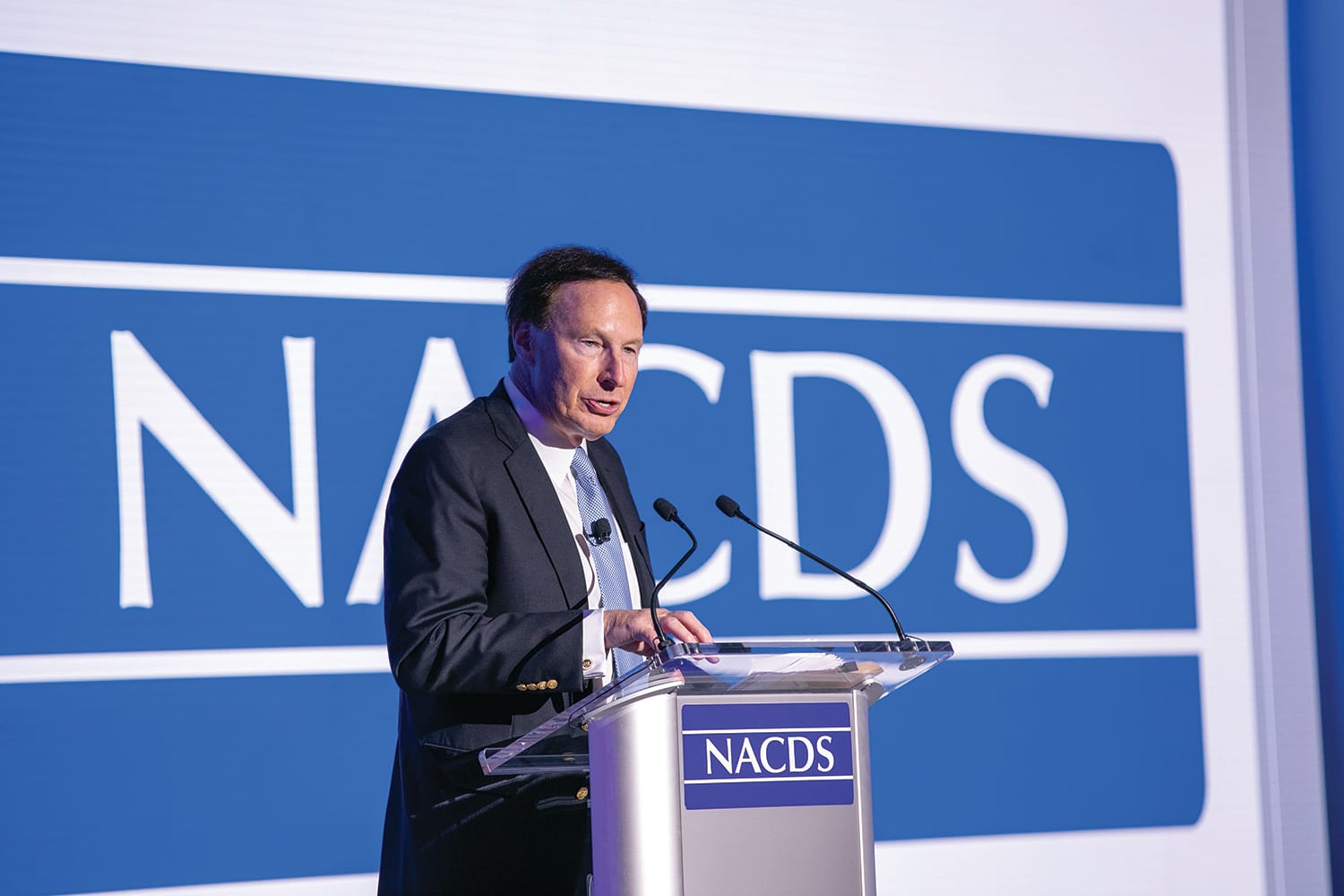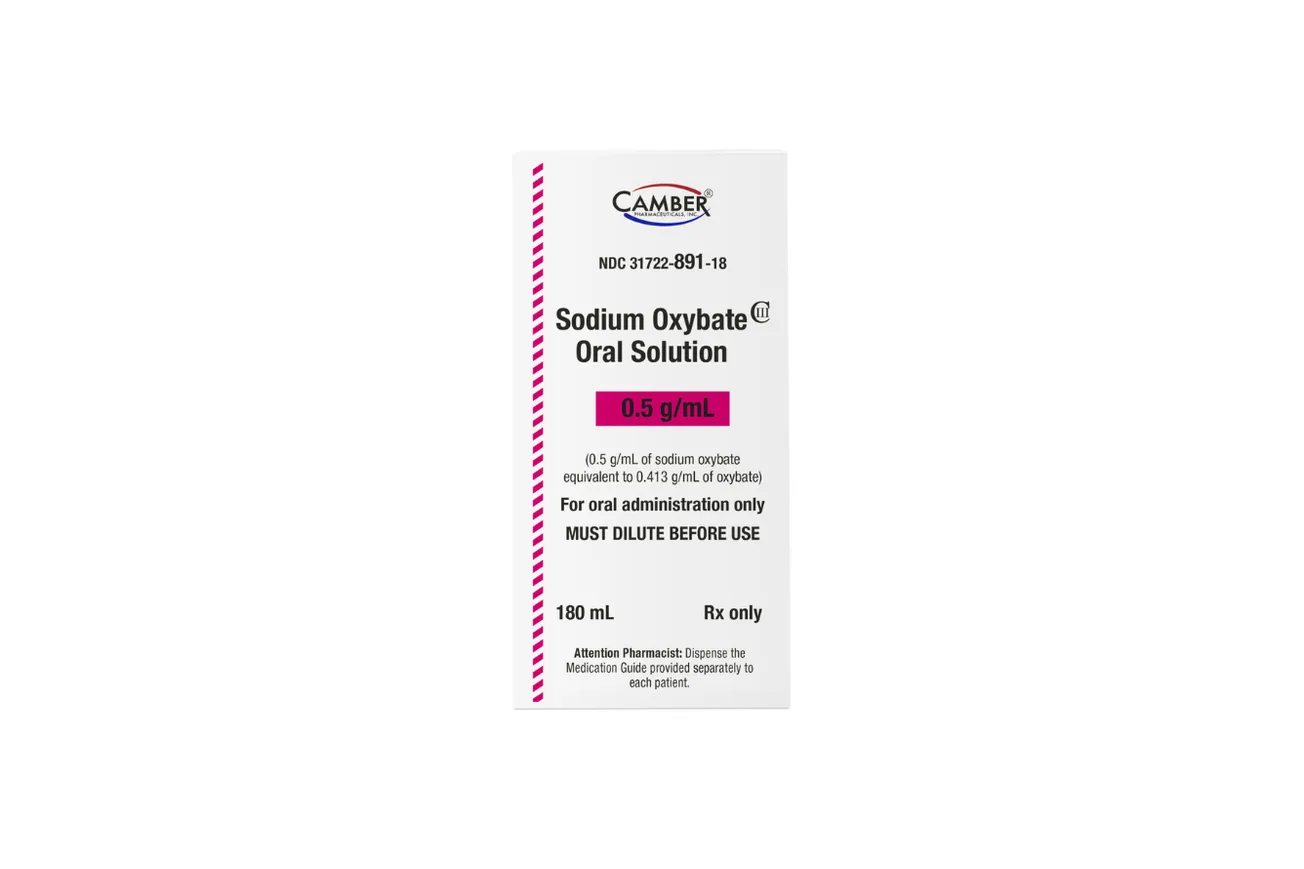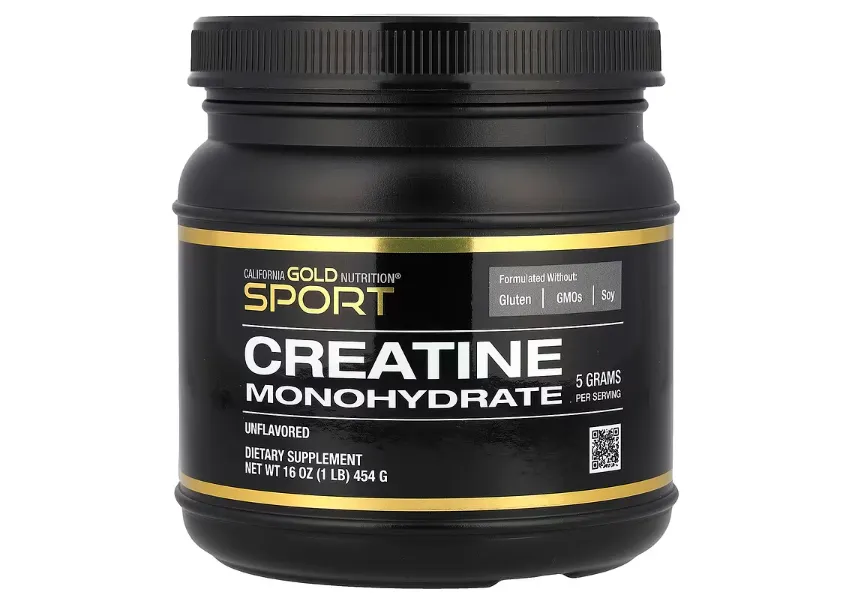ARLINGTON, Va. — The bipartisanship of the John S. McCain Opioid Addiction Prevention Act (S. 724/H.R. 1614) is matched by its diverse support among addiction experts, pain management specialists, patient advocates and pharmacies, as indicated by a letter from 42 entities – and growing – to members of the U.S. Congress.

Steve Anderson
American Society of Addiction Medicine; Big Cities Health Coalition; The Center on Addiction; National Council for Behavioral Health; Shatterproof; Treatment Communities of America and other similar national and state organizations wrote with support to the bill’s sponsors: U.S. Sens. Kirsten Gillibrand (D-NY) and Cory Gardner (R-CO), and U.S. Reps. John Katko (R-NY) and Thomas R. Suozzi (D-NY).
The John S. McCain Opioid Addiction Prevention Act would limit to seven days the supply of a patient’s first opioid prescription for temporary, or acute, pain – such as that caused by an injury. Importantly, the bill does not limit the prescribing of alternative pain-management therapies. The bill does not apply to the treatment of chronic, or ongoing, pain. It does not apply to those facing cancer, illness or end-of-life.
The groups called the bill “important legislation that will reduce the oversupply of prescription opioids that is contributing to the ongoing opioid abuse crisis.” Their letter noted Centers for Disease Control and Prevention (CDC) guidelines for the use of opioids to treat pain, which indicate “three days or less will often be sufficient; more than seven days will rarely be needed.”
In a national survey conducted in January 2019 by Morning Consult and commissioned by NACDS, six-in-10 voters supported limiting an initial opioid prescription to seven days to prevent addiction and to reduce the number of opioids in the public domain. Only 2-in-10 opposed it, and 2-in-10 did not express an opinion.
NACDS president and chief executive officer Steven Anderson said, “The John S. McCain Opioid Addiction Prevention Act reflects one of NACDS’ core recommendations for helping to further address the opioid abuse epidemic. We thank the bill’s sponsors for their leadership and we thank the organizations that are voicing strong support for this vital approach. It protects treatment for those suffering with chronic pain, it acts on guidance from addiction experts about how to stop addiction before it starts, and it reduces the number of unused pills that ultimately can make their way into the wrong hands.”
Anderson wrote about the legislation in an opinion piece published in The Hill.
In addition to the concept of this legislation, NACDS’ policy recommendations for opioid abuse prevention relate to electronic prescribing, drug disposal, prescription drug monitoring plans, health plan design, and pain management. NACDS’ recommendations parallel consistent and ongoing pharmacy strategies to prevent opioid abuse, including compliance programs; drug disposal; patient education; security initiatives; fostering naloxone access; stopping illegal online drug-sellers and rogue clinics; and more.








